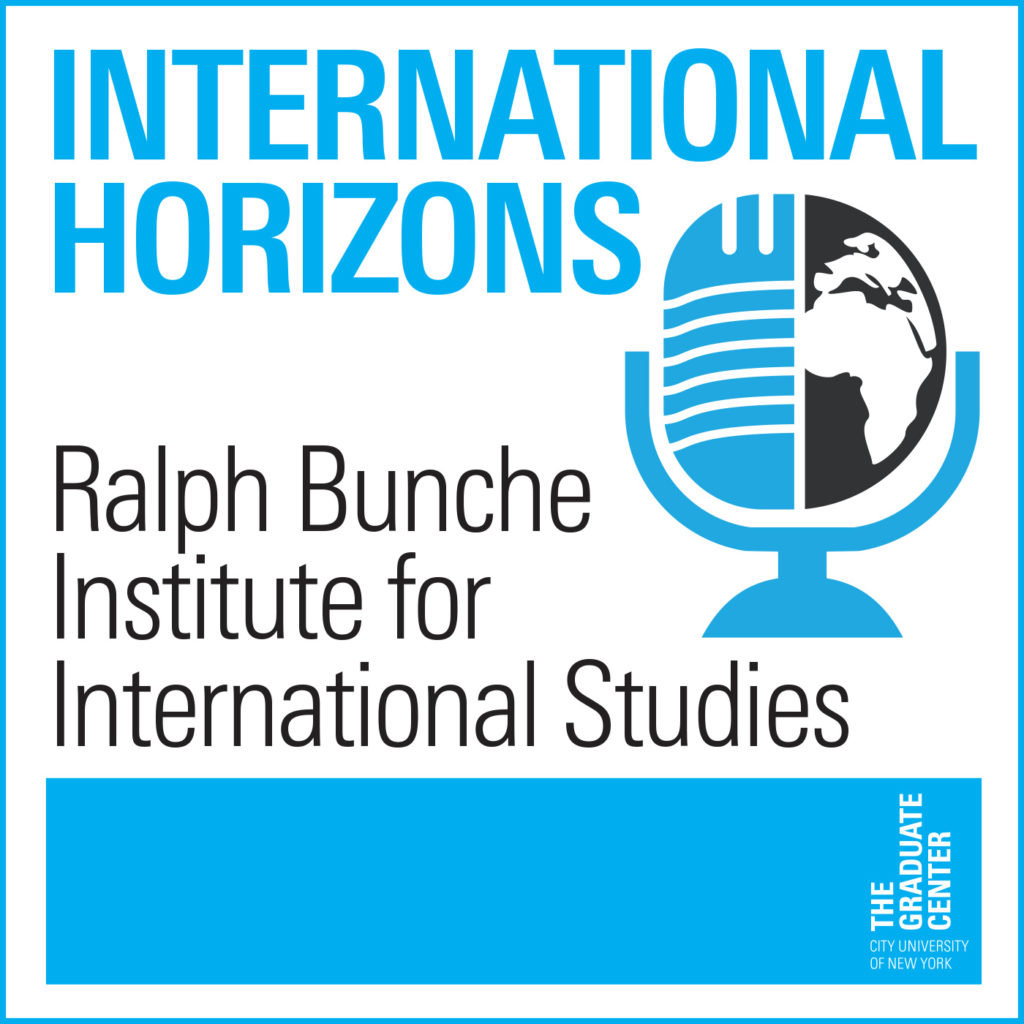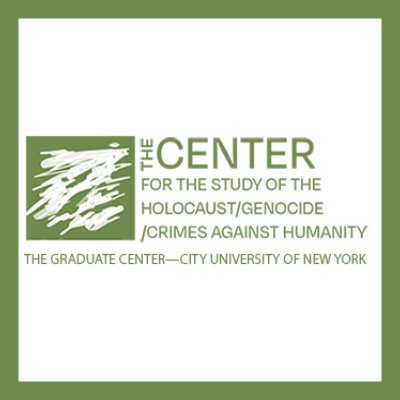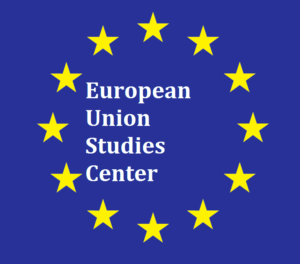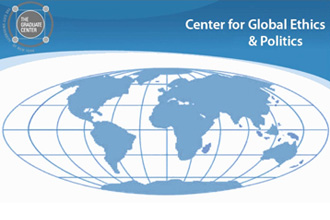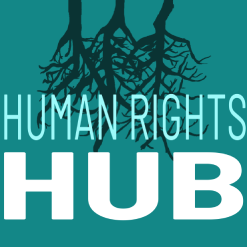Previous Projects
Since 2001 the Ralph Bunche Institute for International Studies (RBIIS) has hosted, organized, and carried out a range of projects on a variety of different topics.
Current Projects
Past Fellowships and Projects
Future of the United Nations Development System
The FUNDS project, which began in September 2009, arose from a recognition that the 30 agencies of the UN Development System had lived through several decades of a fast-changing global environment and needed to adapt to the new realities, including resurgent developing countries in Asia and Latin America, the threats and opportunities posed by globalisation, the retreat of statism and the recognition that human activities everywhere are driven mainly by private interests. The UN Development System’s role, functioning, performance – and the need for its future existence – needed to be examined thoroughly in the light of the rapidly changing global environment.
The project supported the universally acknowledged need for change, if not transformation, in the UN development system to make it more effective and responsive to global challenges up to, but especially beyond 2025, a decade after the target date for the Millennium Development Goals and an appropriate starting point for a follow-on phase whose moniker is yet to be determined. The FUNDS project had four main deliverables: original research monographs and an edited book; surveys of knowledgeable experts about the state of the UN Development System and its future problems and prospects; a web-based campaign of outreach to disseminate findings and engender support for change; and a series of international conferences to discuss project findings and leading issues of UN development reform, attended by interested parties—member states, UN organizations, NGOs, private sector, the media.
United Nations Intellectual History Project
The United Nations Intellectual History Project (UNIHP) began in 1999 and completed its work in 2010. The project traced the origins and the evolution of key ideas about international economic and social development, with some inroads into peace and security, nurtured under UN auspices. The motivations behind these ideas as well as their relevance, influence, and impact were assessed against the backdrop of the socioeconomic and political situations of individual countries, the global economy, and major international developments. Though certain aspects of the UN’s economic and social activities have been the subject of books and articles, until this project there had been no comprehensive attempt to compile the intellectual history of the world organization’s contributions to setting past, present, or future development agendas. Seventeen volumes were published, and three have won prizes. A CD-ROM was produced in 2007 with the complete transcripts of seventy-nine in-depth interviews of persons who have made major contributions to UN thinking and action. It also shared lessons for strengthening the UN to better respond to the challenges of the twenty-first century, emphasized in its 2009 capstone volume, UN Ideas That Changed the World.
The Global Institutions Book Series
The “Global Institutions Series” was edited by Thomas G. Weiss, Director Emeritus of the Ralph Bunche Institute and Rorden Wilkinson and designed to provide readers with comprehensive, accessible, and informative guides to the history, structure, and activities of key international organizations. Every volume stands on its own as a thorough and insightful treatment of a particular topic, but the series as a whole contributes to a coherent and complementary portrait of the phenomenon of global institutions at the dawn of the millennium Books are written by recognized experts, conform to a similar structure, and cover a range of themes and debates common to the series. These areas of shared concern include the general purpose and rationale for organizations, developments over time, membership, structure, decision-making procedures, and key functions. Moreover, current debates are placed in historical perspective alongside informed analysis and critique. Each book also contains an annotated bibliography and guide to electronic information as well as any annexes appropriate to the subject matter at hand.
International Commission on Intervention and State Sovereignty
The mandate of the International Commission on Intervention and State Sovereignty (ICISS) was to build a broader understanding of the problem of reconciling intervention and sovereignty and to foster global political consensus on how to move from polemics, and often paralysis, towards action within the international system, particularly through the United Nations. The ICISS Research Directorate, located at the Ralph Bunche Institute for International Studies at The Graduate Center of the City University of New York (CUNY), provided essential support.
Global Governance: A Review of Multilateralism and International Organizations
Published in association with Lynne Rienner Publishers, the Academic Council on the United Nations, and the United Nations University, this scholarly and policy-relevant journal was established in 1994 to probe the role of international institutions in world politics. View more information about the journal on its ACUNS page.
The Program on States and Security
The Program on States and Security was established in 2004, with generous grants from the Ford Foundation and the Carnegie Corporation. Both of their two main projects focused on the state, with a recognition of the importance of fostering communication between academic researchers and those who make and implement policy related to state-building, state capacity, and state failure.
African Studies Association Local Arrangements Committee
The Local Arrangements Committee of the ASA, comprised of volunteer members from local academic institutions (Columbia, New York University, CUNY, SUNY Stony Brook, etc.) and private non-profit organizations, was responsible for coordinating a variety of events and activities at the 50th Anniversary meeting. With the help of LAC, local African studies programs at regional institutions and African organizations in the area will be able showcase their activities and achievements.
Inter-University Consortium on Security and Humanitarian Action – Mellon Fellows
In 2002, with funding from the Andrew W. Mellon Foundation, the IUCSHA was founded to strengthen this capacity in the humanitarian sector by bringing together the combined resources of New York area universities. From 2003-2006 the IUCSHA trained and supported field research by graduate students from The Graduate Center of the City University of New York, The New School for Social Research, and New York University. In 2008 this collegial effort was revived with the Consortium on Security and Humanitarian Action (CSHA).
International Political Science Association: Research Committee 25
The Research Committee 25 on Comparative Health Policy (RC 25) scheduled a series of regional meetings during 2007-2009 to explore experiences and document lessons about the delivery of services in stratified societies. These regional meetings of RC25 investigated the effects of reforms on access to and delivery of services in the health sector.
Humanitarianism in Question – Co-sponsored with the Social Science Research Council
From October 2004 through May 2005, the Social Science Research Council held a seminar series, “The Transformations of Humanitarian Action,” which brought together leading analysts on the topic. These discussions proved enormously fruitful for scholars and practitioners alike and participants and observers encouraged the project to share their findings more widely. As a result, the Social Science Research Council in conjunction with the Ralph Bunche Institute for International Studies hosted two conferences in 2006 to further the aims of the project. The ultimate products of this initiative were an edited volume and policy prescriptions crafted under the direction of Michael Barnett (Harold Stassen Professor, University of Minnesota) and Thomas G. Weiss (Presidential Professor, City University of New York, Graduate Center, and Director of the Ralph Bunche Institute). The edited volume, Humanitarianism in Question: Politics, Power, Ethics, was published by Cornell University Press in 2008.
A Priority Agenda for the Next Secretary General? Co-sponsored with the Friedrich Ebert Stiftung Foundation
In the fall of 2006, the Friedrich Ebert Stiftung, collaborated with the Ralph Bunche Institute for International Studies to organize a number of closed brainstorming sessions to chart priorities for the eighth UN Secretary-General, Ban Ki-Moon, who will assume office on 1 January 2007.
Four sessions, each focusing on a critical area, were held in October and November 2006. Thomas G. Weiss moderated the discussions, each attended by some twenty specialists, for which Peter J. Hoffman served as rapporteur. Juergen Stetten and Volker Lehmann represented the Friedrich Ebert Stiftung.
The UN and Nuclear Weapons
The purpose of the project is to establish the nature of the environment in which the United Nations is operating on these issues; the ways in which it has and might respond to them; and the questions and difficulties that arise for the world organization as a result of those factors. Building on earlier collaboration on Security Council reform and priorities for the eighth secretary-general, the Friedrich Ebert Stiftung and the institute are collaborating with ACUNS, UN University, and Canada’s Royal Military College and produced the volume: Jane Boulden, Ramesh Thakur and Thomas G. Weiss ed., The United Nations and Nuclear Orders (New York: United Nations University Press, 2009).
Africa Networks NY
Africa Networks NY is a listserv that seeks to serve the needs and interests of the academic, NGO, diplomatic, arts, and business communities of the NY metropolitan area with interests in the history, arts and culture, sciences, politics, and economics of Africa.
Africa Research Group
Chartered by the Doctoral Student Council in 1997, the Africa Research Group (ARG) is an interdisciplinary association of graduate students engaged in the study of Africa at The CUNY Graduate Center.
Central Africa Policy Forum
The Central Africa Policy Forum is a gathering of NGOs, UN missions, UN agencies and departments, and academics in New York to explore policy options for building sustainable peace in the Great Lakes and neighboring states in Central Africa.


